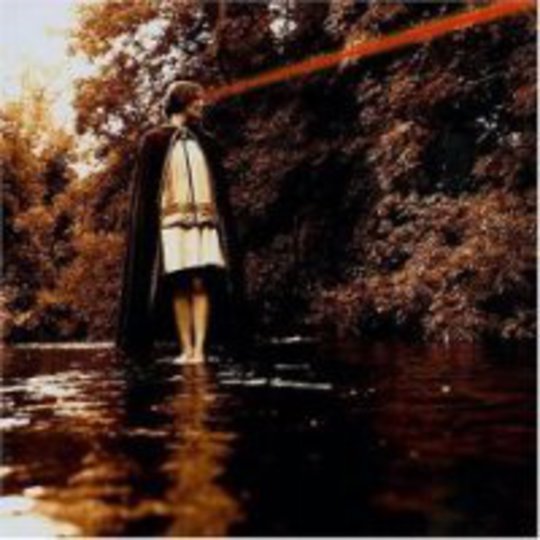There has been an increase in the fascinating sounds of anti-folk as of late. Devendra Banhart is a star, while lesser-known artists like Josephine Foster and Castanets have emerged from obscurity to add excellent additions to the genre. This is all lovely news, because percolating the periphery of folk engenders interesting sounds full of hidden depth, esoterica and quirkiness. There is an innate patience in this music; careful and cleverly sparse melodies oozing a hopeful dissonance, one tough to pinpoint but obtrusive when presented well.
Emma Louise ‘Scout’ Niblett, a chanteuse from Nottingham who now lives in Portland, Oregon, has always been one of the best in this business. Surprisingly, much of her canon still remains on acid folk’s periphery. Not sure why, ‘cause much of it is lovely. Yet, it often lacks that jumbled, fairy-tale scribbling that effaces much anti-folk output succeeding as of late. Instead, Scout is more down to earth. She always has been. Yet, on this new set of songs graciously titled This Fool Can Die Now – sixteen of them in fact – Scout Niblett sounds odder, louder, more dominant and decisive in her choice of melodies.
To start, there is very, very little instrumentation to accompany her voice. Moments peer in and out that are downright surprising, like the hair metal section of ‘Let Thine Heart Be Wanted’ for example, but these moments do not detract from the continuity of the set; instead they enhance the beauty of a talent that has remained too quiet for too many for the last six years.
All in all, there is a lot to digest here. Niblett provides an expansive base of ideas that ebb and flow through genres like oil through water. There is a generous helping of off-kilter, somewhat eccentric anti-folk on tap holding down some sort of theme, but Niblett experiments with found sounds (a usual theme in such records, however malleable such a style can be), odd and somewhat out of tune choral humdrums, silence, intrusive lyrics and screaming. The result is an album full of contrast, but one in which the differences reinforce the same internal ethos. ‘Yummy’, for example, is utterly intense, frightening even. With a cello personifying a crying soul, Niblett sings about being taken advantage of, both physically and emotionally, while secretly getting off on it. On the flipside, a gander towards brighter pastures is provided by ‘Kiss’, one of the more romantic and offbeat tracks written by anyone in some time. She sings about the possibility of a kiss killing her, but after peering in deeper and enveloping the melodies, Niblett offers views that conjure up a soul desperately dreaming of saucy romance. Regardless if it is realised, the desire is there. “Let’s kidnap each other and start singing our song”, sung by an accompanying male vocalist (Bonnie 'Prince' Billy) says it all. Love is not perfect in reality, but it can be in fantasy, and in both reality and fantasy this is a brilliant song.
Those ensconced in Cat Power, Amy Mann and the aforementioned movers and shakers will love this, but it may take some time. Scout Niblett does not do first impressions well, but with some patience, anyone searching for songs to pierce the skin and get inside will fall in love with these exhibitions. As Niblett utters in ‘Comfort You’, one of the last tracks on the record and a well-needed comedown to songs previous, all she wants to do is “comfort you”, but you “have to let your tears run wild like when you were a child”. Comforting indeed.
-
8Shain Shapiro's Score






















